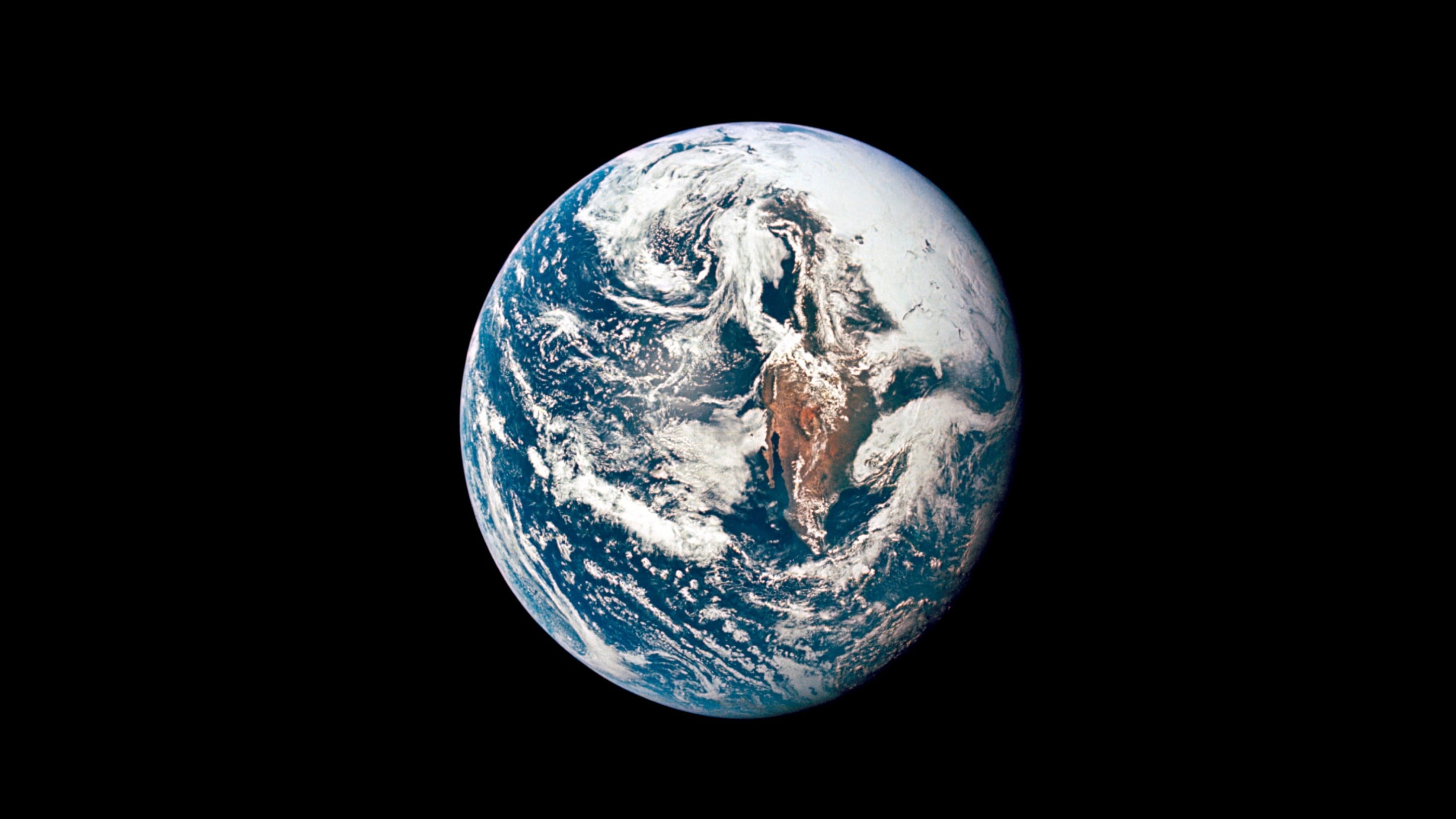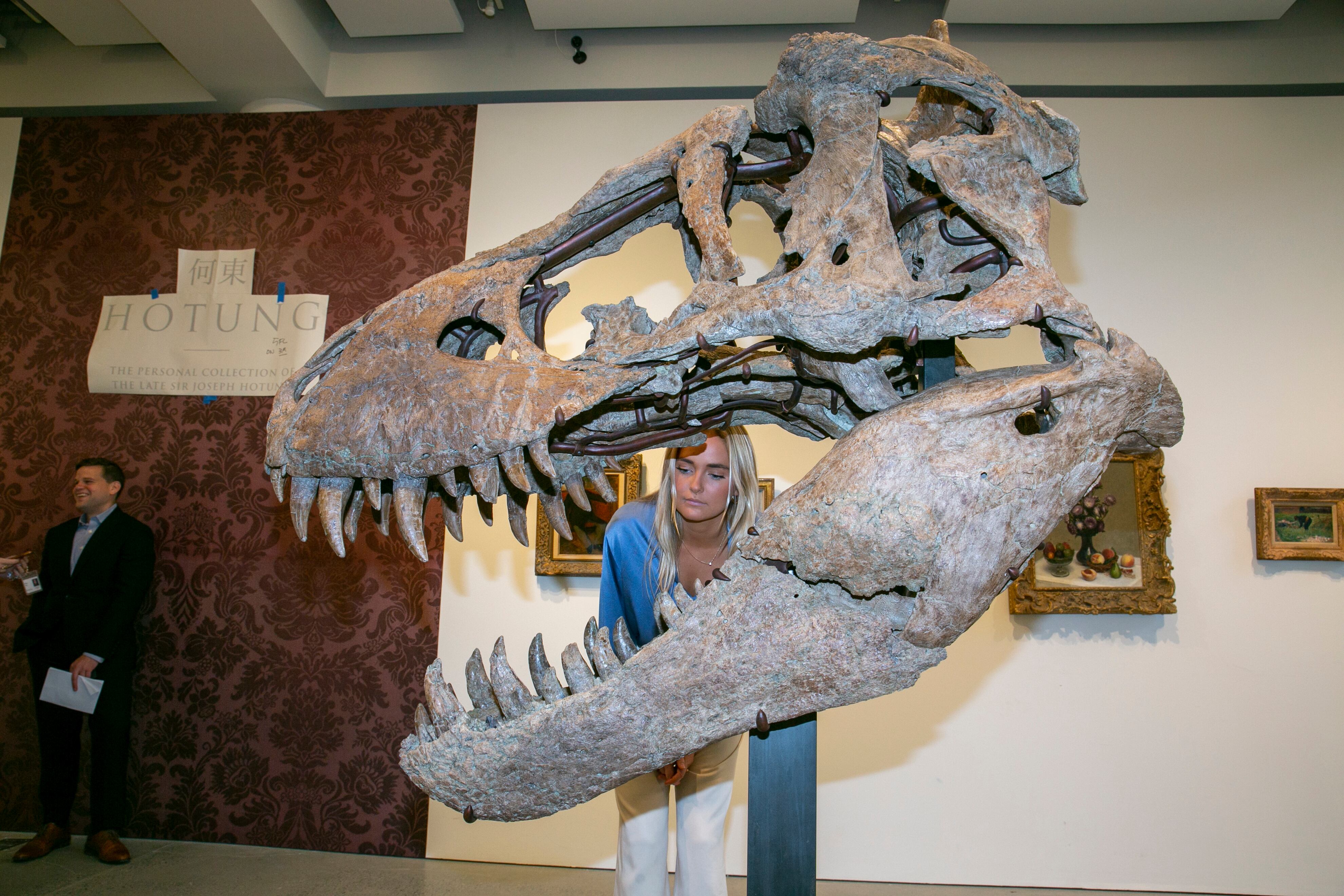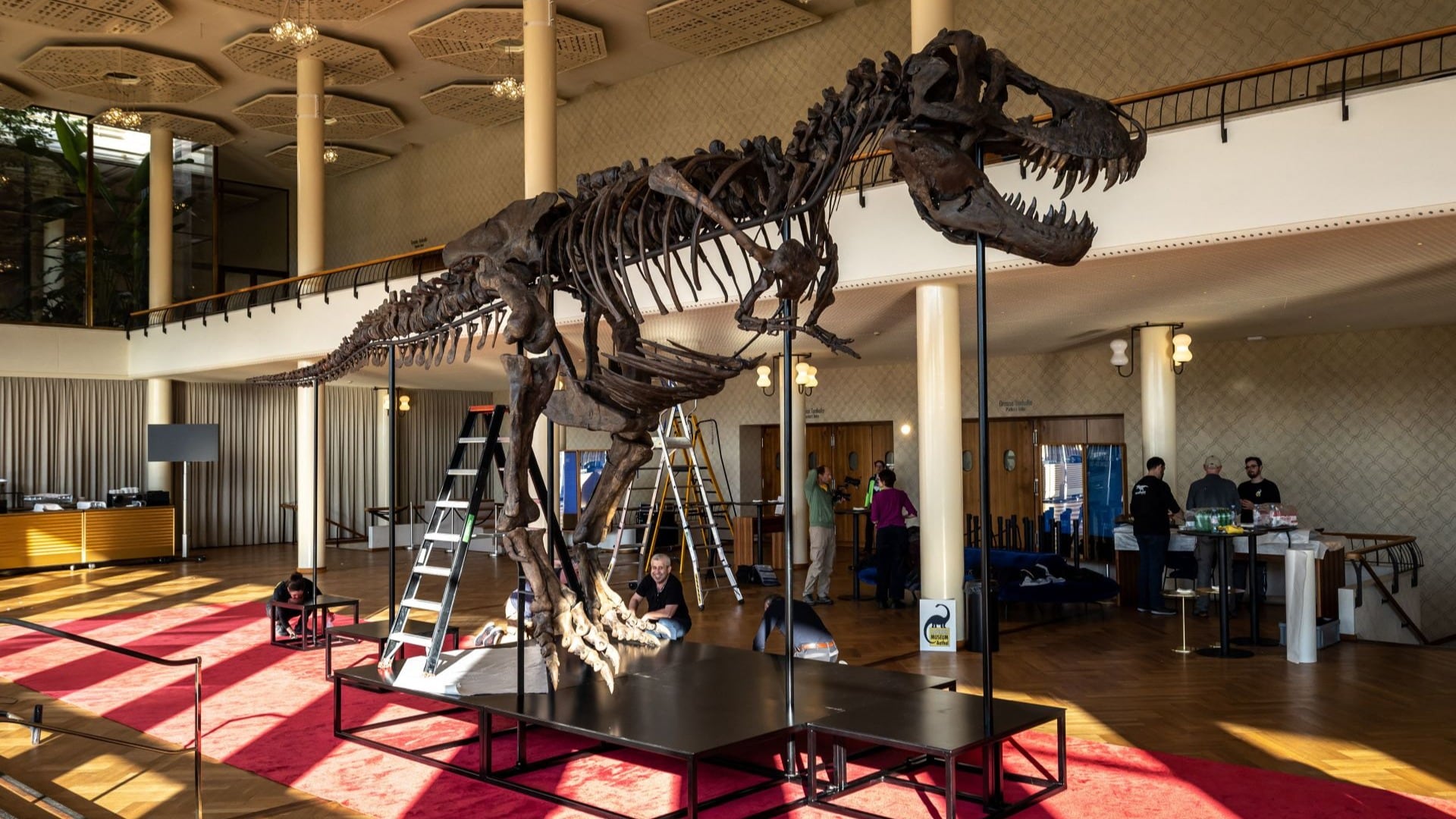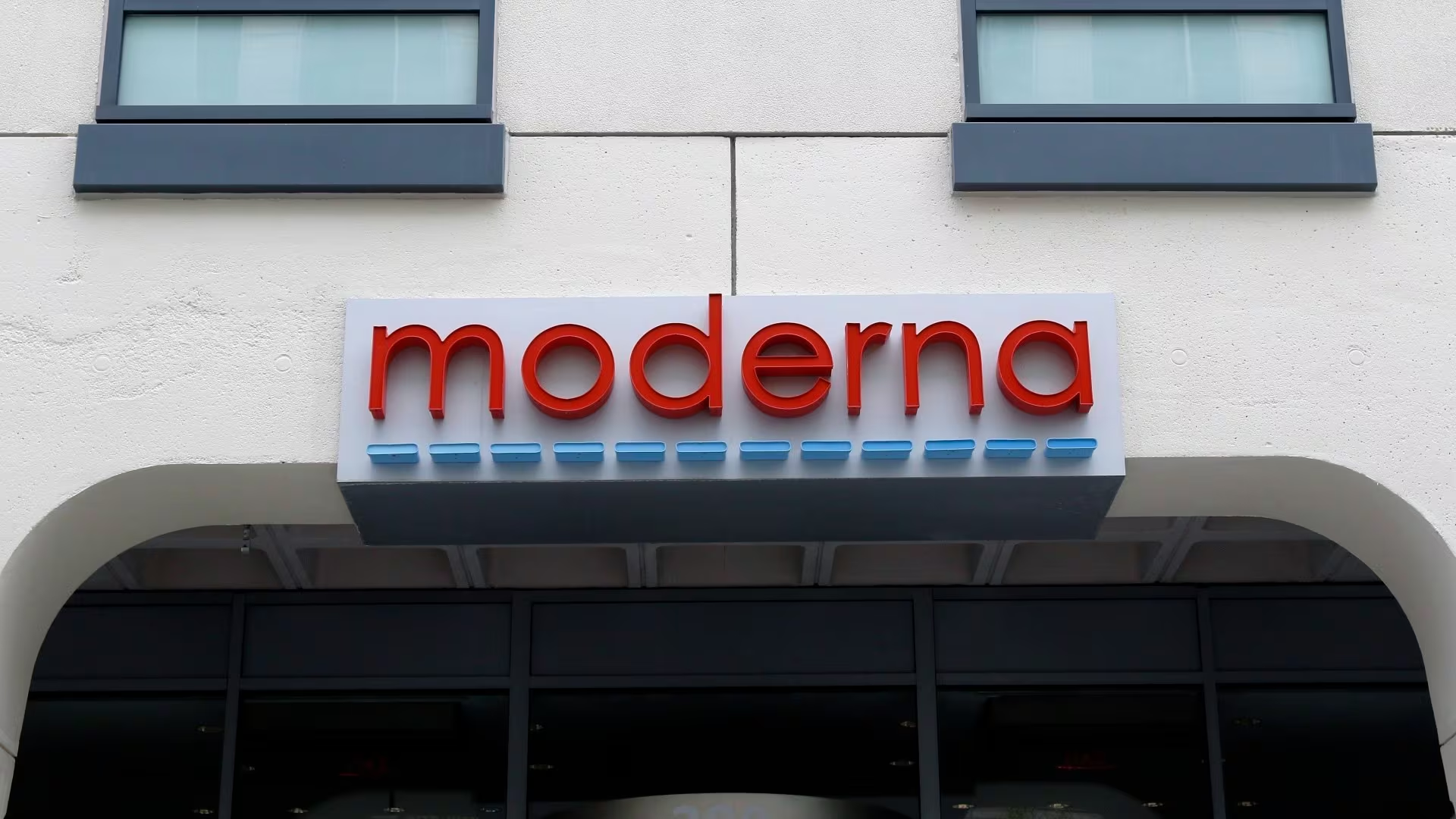A new study from the American College of Cardiology has found that the popular ketogenic or "keto" diet may contribute to higher levels of "bad cholesterol" and a twofold increase in the risk of heart attacks and strokes.
“Our study found that regular consumption of a self-reported diet low in carbohydrates and high in fat was associated with increased levels of LDL cholesterol— or “bad” cholesterol—and a higher risk of heart disease,” said Dr. Iulia Iatan, MD, PhD, lead author of the study and attending physician-scientist at the Healthy Heart Program Prevention Clinic in St. Paul’s Hospital.
“To our knowledge, our study is one of the first to examine the association between this type of dietary pattern and cardiovascular outcomes.”
The study points out that depriving the body of carbohydrates such as bread, pasta, and rice forces the body to break down fat for energy instead. This breakdown produces ketones in the liver, hence the name keto. Advocates for this type of diet suggest obtaining 60 to 80 percent of calories from fat.
By comparing this low-carbohydrate, high-fat (LCHF) diet with a more standard diet, the study found that it elevated levels of LDL cholesterol in some people, which is known to elevate the risk of heart disease.
Before starting this dietary pattern, they should consult a healthcare provider," Iatan said. "While on the diet, it is recommended they have their cholesterol levels monitored and should try to address other risk factors for heart disease or stroke, such as diabetes, high blood pressure, physical inactivity and smoking.”
Roughly 25% of people in the U.S. live with air pollution that could shorten their lives, according to a report from the American Lung Association.
Earth Day is in just a few days, and Shelley Rogers, who coordinates a fashion initiative for Earthday.org, stopped by the Cheddar News studios to showcase some clothing options for environmentally-conscious shoppers.
Earth Day is in just a few days, and Shelley Rogers, who coordinates a fashion initiative for Earthday.org, stopped by the Cheddar News studios to showcase some clothing options for environmentally-conscious shoppers.
How Salt Caves Can Boost Health and Wellness
A T-Rex skeleton that was assembled from nearly 300 bones dug up in the U.S. was sold at an auction in Zurich, Switzerland for over $5 million.
How Incorporating Resistance Bands Can Diversify Workout Sessions
A giant Tyrannosaurus rex skeleton that’s been dug up from three sites in the United States is going up for auction in Zurich. It's a first sale of its kind in Europe.
As the inaugural guest on Cheddar News' new show Be Well, Dr. Sandra Lee, also known as Dr. Pimple Popper, discussed when (and when not) to pop a pimple and how to take care of your skin and keep an eye out for signs of more dangerous issues such as cancer.
Moderna and Merck & Co. have developed a cancer vaccine that cuts the risk of death or recurrence of most deadly skin cancer by 44 percent compared to Keytruda on its own, according to researchers.
The company got the OK on Friday from the Federal Aviation Administration. CEO Elon Musk is giving 50-50 odds of Starship reaching orbit.











